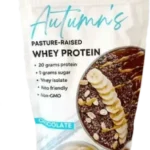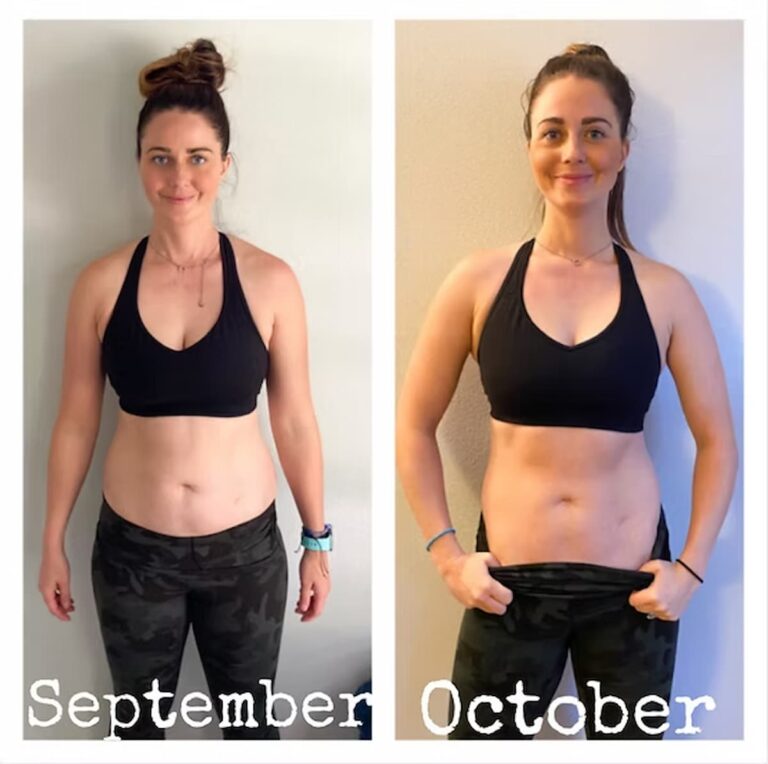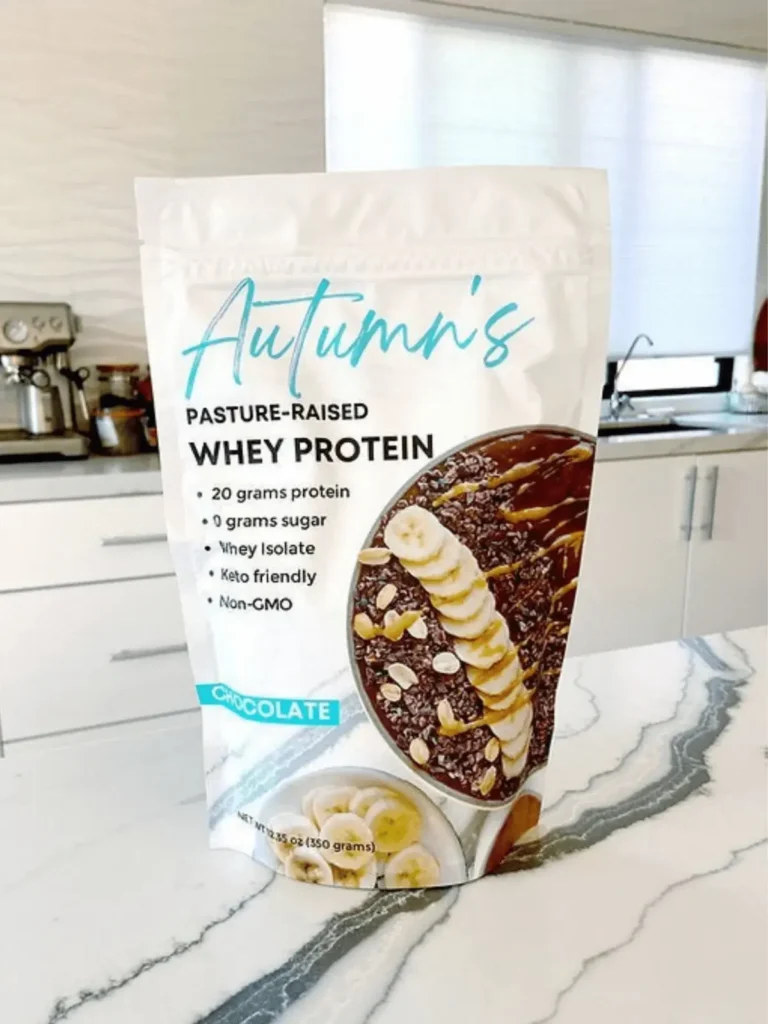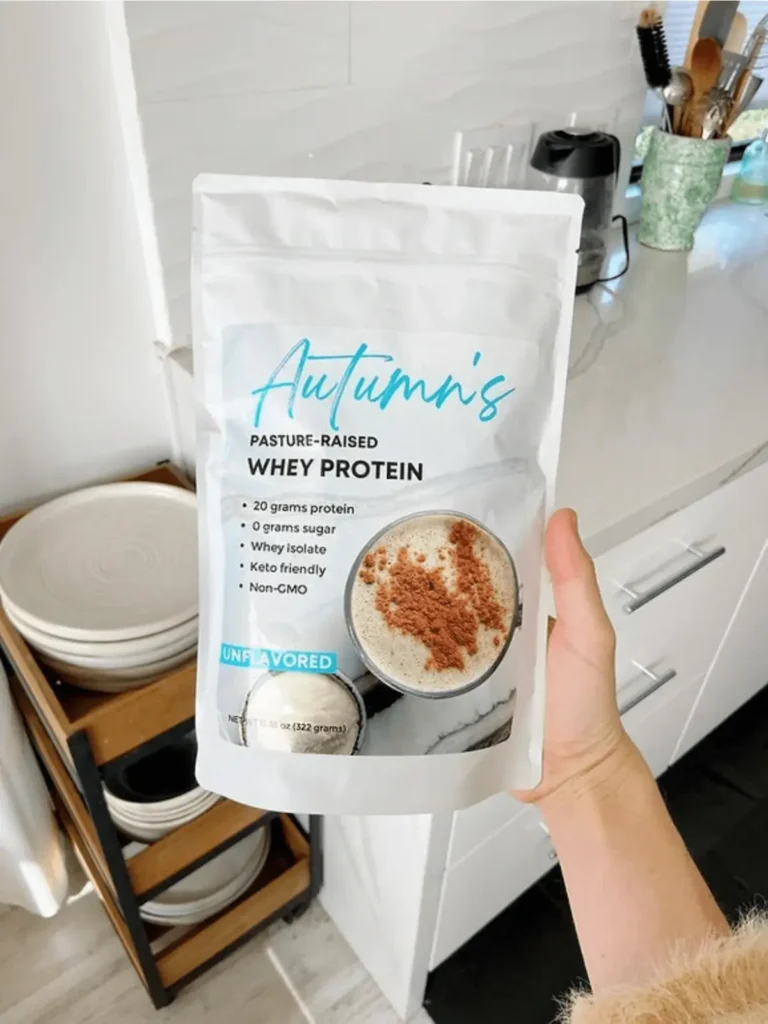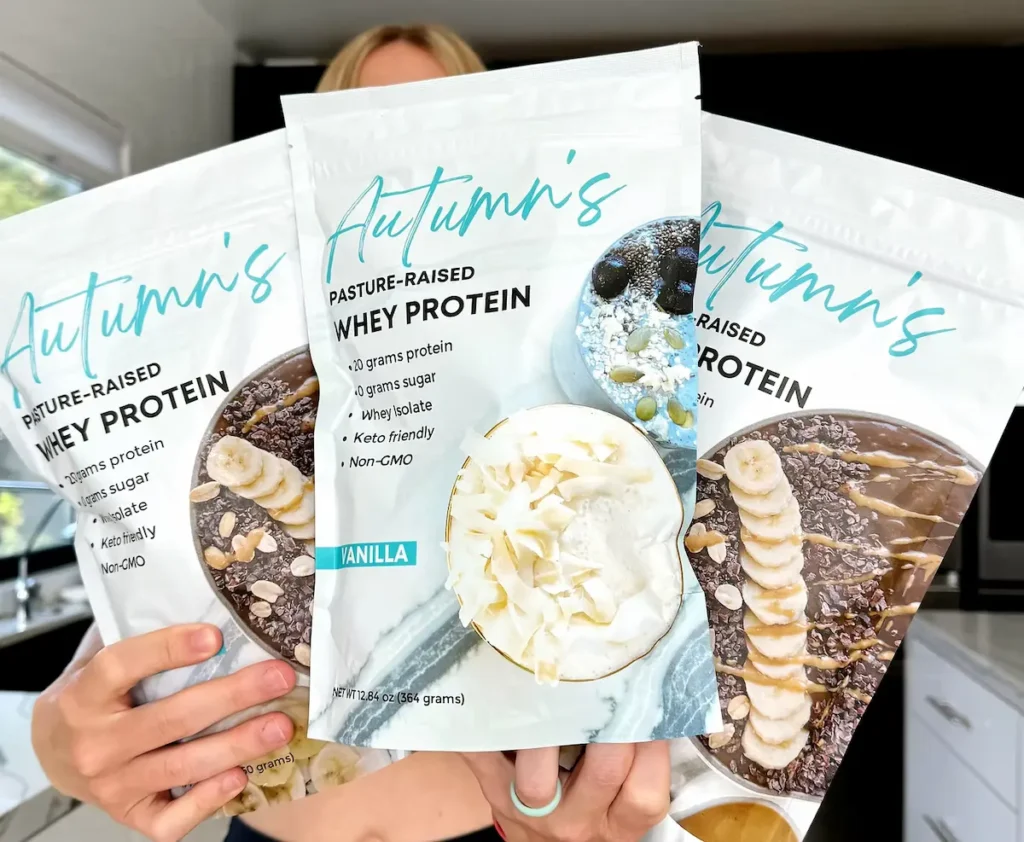The more often you use Intermittent Fasting, the better and more consistent the results you can usually expect. Here’s what you need to know.
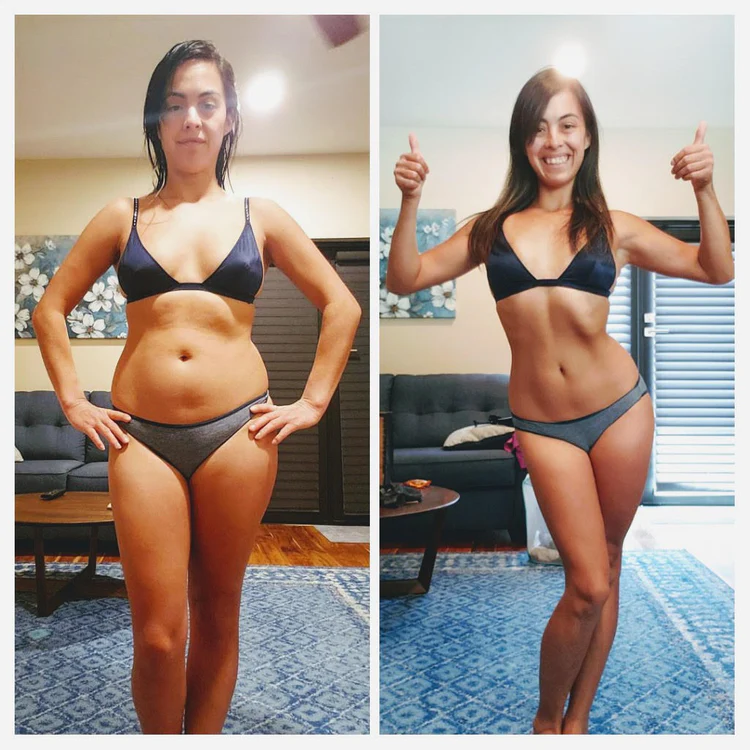
First, What Does Intermittent Fasting Do?
One of the main perks of Intermittent Fasting when it come to weight loss is that it helps to decrease the amount of time in the day that insulin is secreted. Insulin is our storing hormone and it’s EXTREMELY powerful. In fact, when insulin is secreted (mostly in response to meals or a higher carbohydrate intake) it shuts off your fat burning process called lipolysis and shifts your body into fat storing instead. By reducing the frequency of your meals with Intermittent Fasting, you’re able to reduce the frequency of insulin secretion and therefore increase the amount of time in the day that your body is in fat burning mode.
Intermittent Fasting also helps to trigger something called the Migrating Motor Complex (MMC). The MMC is a natural process in your body where your stomach and small intestine contract in order to get rid of the left behind food and bacteria in your small intestine that causes bloating. If the MMC is not stimulated, it will leave this food and bacteria behind and lead to issues such as bloating. The MMC is only stimulated by NOT eating. And to be specific, not eating for a full 3 hours and 45 minutes. By incorporating a fasting period with Intermittent Fasting, you stimulate this MMC and help prevent bloating and instead promote a healthy GI tract. You can get further details of the MMC with THIS video.
As you may have noted with the details on insulin above, WHAT you eat also has a HUGE impact on your weight loss goals. Certain foods cause a massive release of insulin (and therefore fat storing) whereas others don’t. This is why WHAT you eat is just as important as WHEN you eat. In the Complete Intermittent Fasting Bundle protocols, you will learn how to use Intermittent Fasting as well as the TYPES of foods and meals to eat during your eating window.
How Often Should You Use It?
In other words – do you need to use Intermittent Fasting every day to reap the benefits? In short, yes and no. By using Intermittent Fasting even a couple of days per week, you’re allowing your body to get some amount of gut rest and lower insulin levels in order to achieve your goal. The more often you use it (and use it PROPERLY by eating the right types of foods during your eating window), the more often you’ll receive the benefits.
This is where tailoring it to your schedule is of utmost importance. If it’s not realistic for your schedule to use IF everyday, then use it as often as fits your needs. Even if it’s just 2 days per week – this is still better than zero days. It’s also important to note that you DON’T need to follow a typical 16:8 schedule either. This is something that is discussed in the Complete IF Bundle: the importance of creating a fasting period that also fits your body’s needs. In fact, I often recommend beginning with a shorter fast, such as 12 hours, rather than jumping straight into a 16 hour fast. Especially if you have a history of a higher sugar and/or refined carbohydrate diet, then starting with a 12 hour fast will help to ease you into the process.
Is it a problem to use IF everyday? There have not been any human studies that show using IF with eating until satiated (i.e. NOT calorie restriction) during your eating window has negative side effects. More often than not, any issues that one may experience when using Intermittent Fasting is related to WHAT they’re eating, not WHEN they’re eating it. Common offenders I see include not enough protein, high sugar intake, processed food diet, not eating until satiated/calorie restriction and drinking sugary beverages. I dive into the details of this with THIS video. Of course, if you have health considerations or if you are taking medications, you may need to consult your doctor to see if incorporating a fasting period is right for you and whether or not you need to adjust your medication schedule.
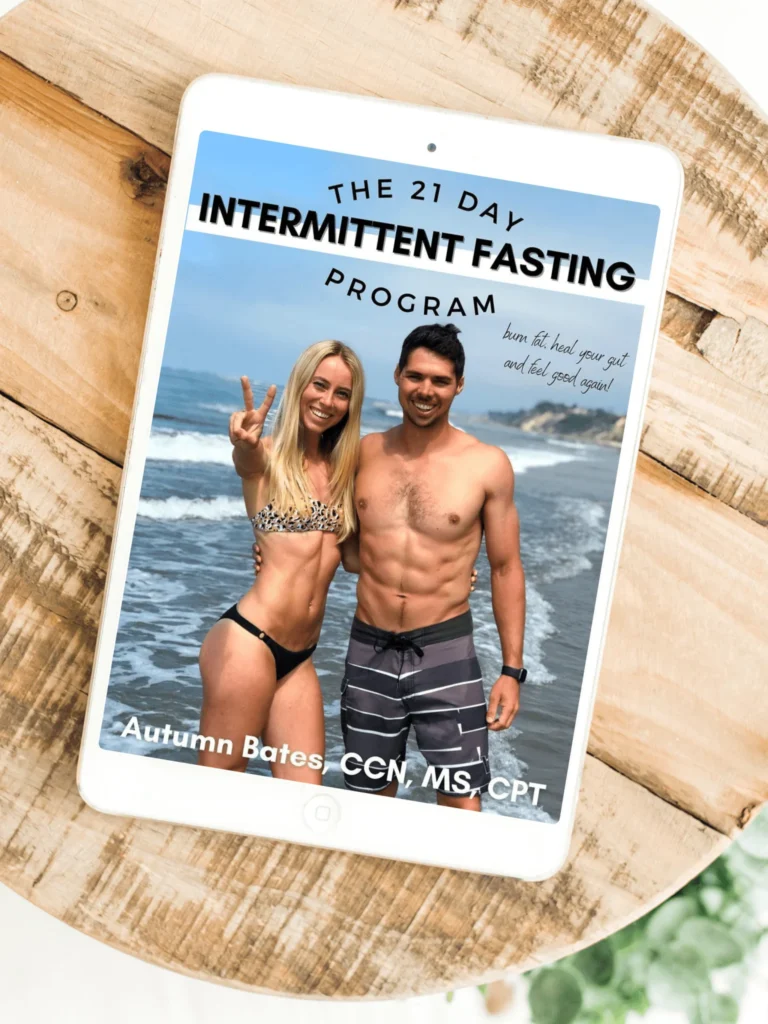
Tap into fat burning
The 21 Day Intermittent Fasting Program
The 21 Day Intermittent Fasting Program provides step-by-step strategies to help you use Intermittent Fasting with delicious, protein-packed meals to support fat loss, reduce hunger, and boost gut health.
